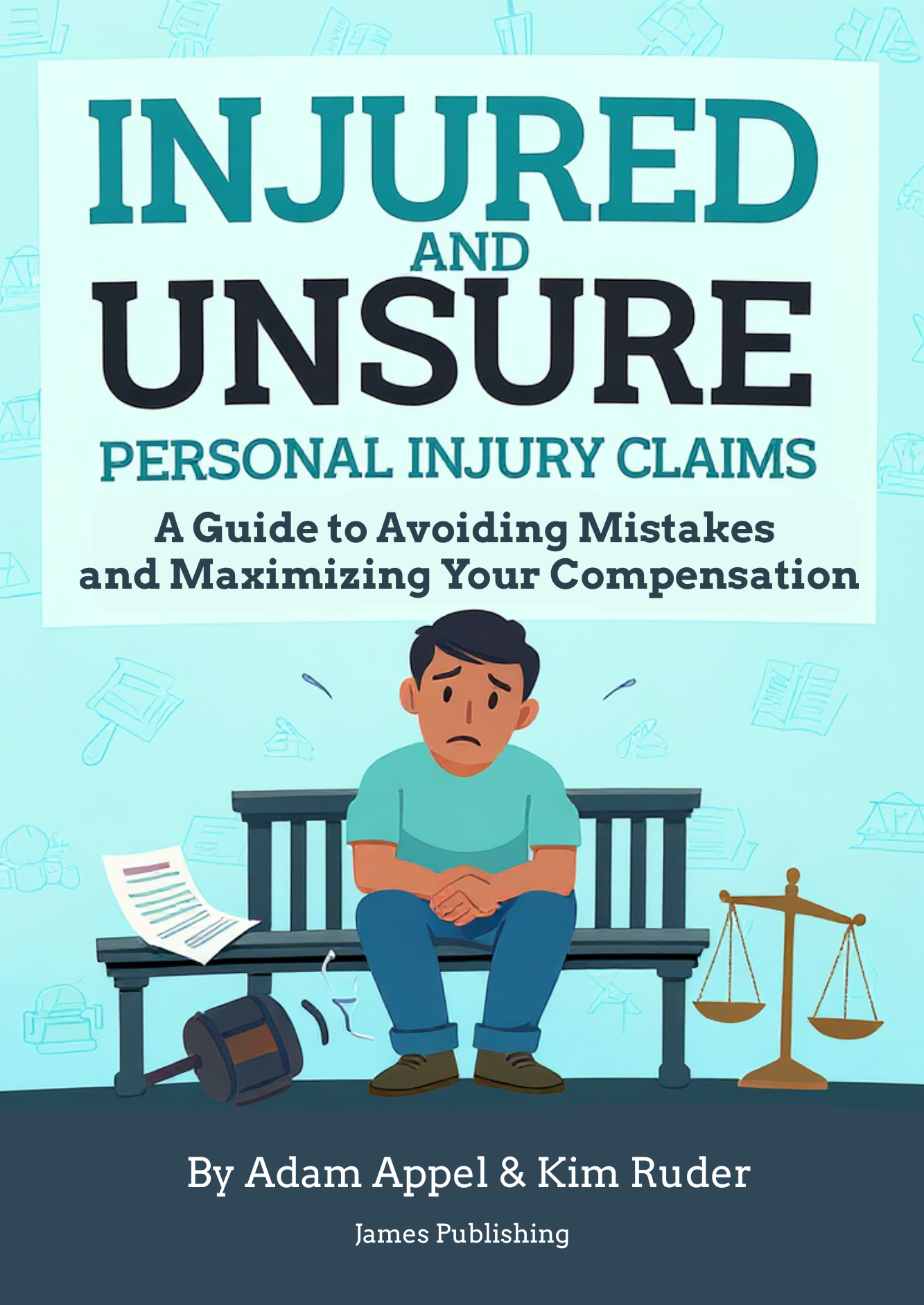Table of Contents
A Georgia personal injury case allows injured accident victims to request financial recovery for their damages. Victims may qualify for compensation for their medical expenses, wage losses, property repairs, and pain and suffering through the civil justice system. To receive a settlement or judgment in your favor as a victim, however, you must obey all applicable filing rules and requirements. One of the most important to be aware of is the statute of limitations or deadline for filing your claim.
What Is a Statute of Limitations?
A statute of limitations is a law that places a deadline on how soon a claimant must bring his or her lawsuit. Each state has different statutes of limitations. All claimants within the state must obey the statute if they wish the courts to hear their cases. The point of enforcing a statute of limitations is to encourage claimants not to waste any time in bringing their lawsuits. Otherwise, claimants could wait years or even decades before bringing their claims.
Without a statute of limitations, the balance of power in civil lawsuits would go to the claimant. Since he or she decides when to start the lawsuit, the plaintiff could potentially wait a long time to intentionally deprive the defendant of a fair trial and fair safety tips. For example, a plaintiff could wait long after eyewitnesses forgot what happened or a cell phone company threw away records to file a claim, then say that the defendant caused a crash by texting and driving. This far into the future, the defendant may not have the means to combat the claim.
A civil system without a statute of limitations would be more unjust than just. Thus, all states have enacted strict deadlines by which plaintiffs must file their lawsuits. Missing your deadline will almost always result in the courts refusing to hear your case. Even if the Georgia courts do accept your case, dismissal is almost a guarantee, since the defendant can bring up the missed deadline as a reason the case isn’t valid. Pay close attention to the statute of limitations for your personal injury case to avoid losing your right to file.
Statute of Limitations on Personal Injury Cases in Georgia
If you have grounds to file a personal injury case in Georgia, the statute of limitations for doing so is two years from the date of injury or death. The clock begins ticking the day of the accident, in most cases. However, if you didn’t discover your injuries until later, the clock usually won’t start until the date of discovery. In a wrongful death case, the clock starts the date of your loved one’s death. Note that the deadline may differ for cases involving fraud, trespassing, property damage-only, and other types of cases.
You will have a shorter deadline to take legal action if the defendant in your personal injury case is a government entity. If you tripped and fell at a public park, for example, you will have to follow different deadlines for filing than the average claimant. Filing a claim against the government in Georgia comes with a strict 12-month deadline. You must file your ante litem notice to the Risk Management Department of the Georgia Department of Administrative Services within 12 months of your accident to qualify for compensation.
Exceptions to the Rule
It is possible that your personal injury case falls under the stipulations of one of the rare exceptions to Georgia’s statutes of limitations. If the injured party is under the age of 18 or has a disability, for example, the courts may allow for an extended deadline. The courts may also “toll,” or pause the clock, on a filing time limit if there is an ongoing criminal trial against the defendant. In cases involving injuries discovered long after the accident (e.g., asbestos and mesothelioma lawsuits), the courts will generally make exceptions to the rule. Contact Dermer Appel Ruder, LLC Peachtree Corners injury lawyers as soon as possible after an accident to discuss your specific filing deadline.
Call us today at (404) 390-4224 or visit us online to schedule your free consultation with one of our award-winning attorneys.
